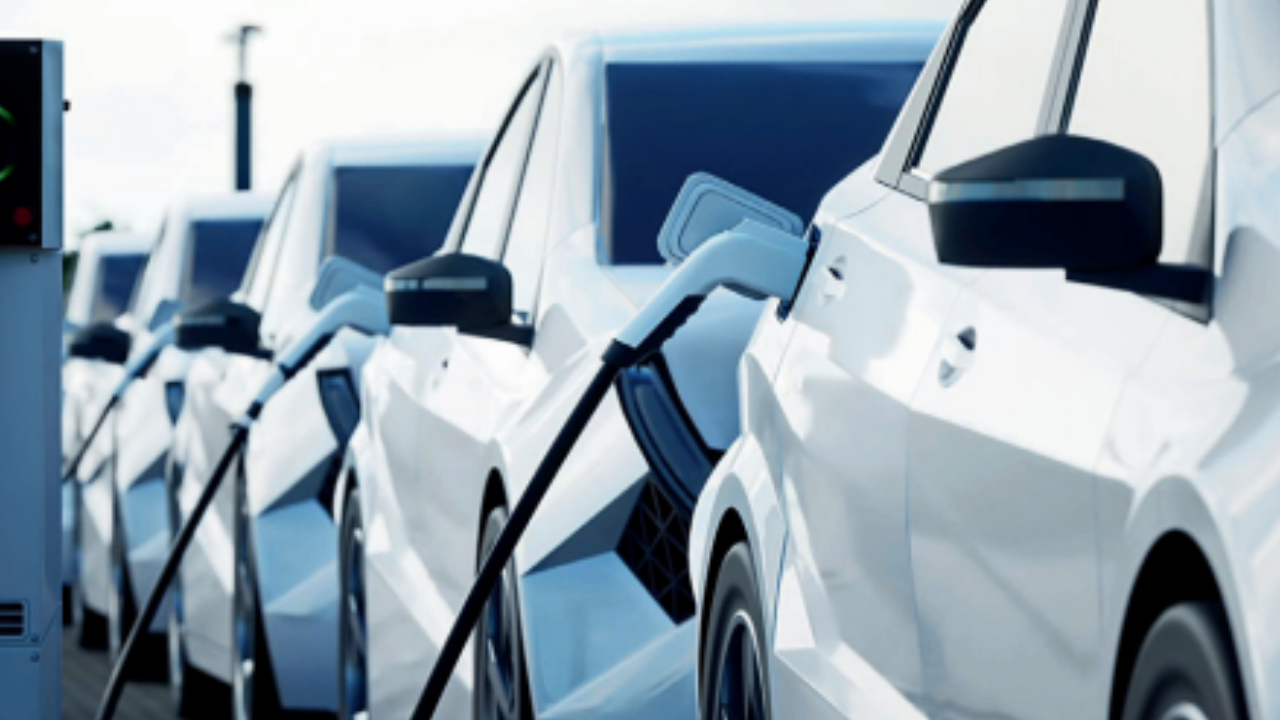Biden Significantly Increases U.S. Tariffs on Chinese Electric Vehicles and Semiconductors – ET Auto

US President Joe Biden criticized Beijing on Tuesday for “cheating” instead of competing, as he announced significant tariff increases on Chinese imports, including electric vehicles (EVs) and semiconductors.
The tariff hikes, opposed by Beijing, come as Biden aims to appear tough on trade ahead of the presidential election against Republican Donald Trump. Speaking at the White House, Biden stated, “We’re not going to let China flood our market, making it impossible for American auto manufacturers to compete fairly.” He signed the order to implement the new tariffs immediately after his speech.
Despite his previous criticism of Trump-era tariffs, Biden is now using similar measures to appeal to blue-collar voters in key swing states. The new tariffs will increase EV tariffs to 100% this year and semiconductor tariffs to 50% next year, affecting USD 18 billion worth of Chinese imports, including batteries, critical minerals, and medical products.
Biden accused China of subsidizing key sectors, leading to an oversupply of cheaply priced goods. The announcement follows a review of tariffs imposed during the US-China trade war initiated by Trump, which the Biden administration has maintained.
Trump responded by criticizing Biden for not acting sooner, accusing him of harming the US car industry by prioritizing EVs. The Biden administration has invested heavily in EVs, semiconductor manufacturing, and green initiatives. Trump claimed, “China is eating our lunch right now.”
China’s commerce ministry warned that the tariffs would harm bilateral cooperation and labeled them a politicization of economic issues. The foreign ministry also opposed the unilateral tariff hikes, promising to take necessary measures to protect China’s interests.
US Trade Representative Katherine Tai downplayed the risk of a trade war, asserting that the measures were expected by Beijing. She cited China’s unfair practices, including forced technology transfers and cyber theft. Tai argued that resilient supply chains would protect the US economy from price hikes due to the tariffs.
Beyond EVs, the US is tripling tariffs on some steel and aluminum products and on lithium-ion EV batteries and parts. Tariffs on natural graphite and other critical minerals will increase to 25%, and those on solar cells will double to 50%. Some hikes will be phased in to allow for domestic production adjustments.
Paul Triolo of Albright Stonebridge Group described the EV tariff hike as a signal of protection for US automakers, predicting Chinese retaliation with their own tariff increases.





